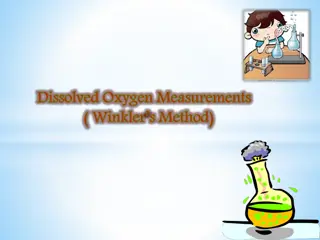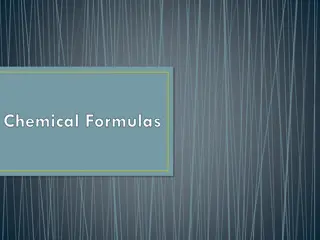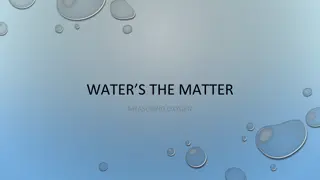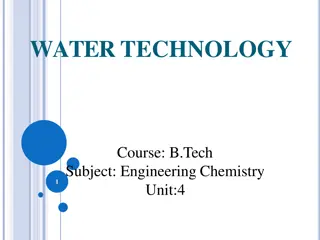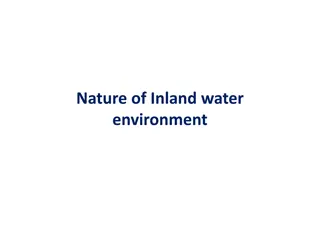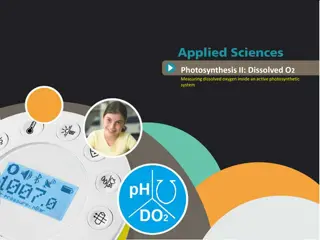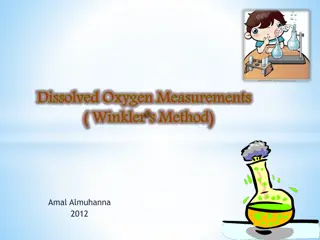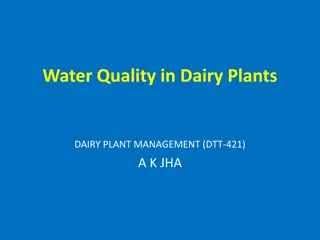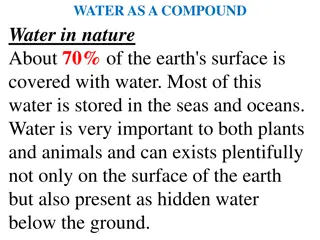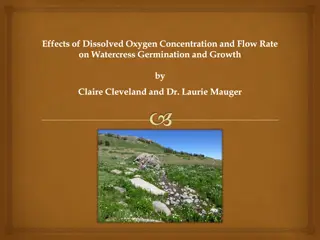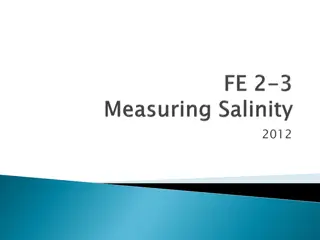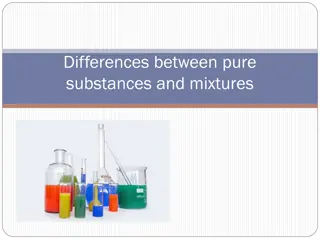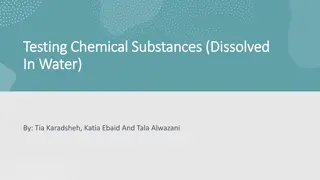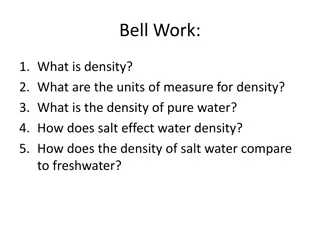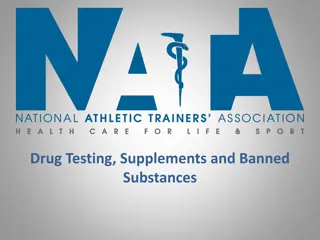Testing Chemical Substances Dissolved in Water
Explore the effects of salt, sugar, baking soda, borax, and vinegar when dissolved in water. Discover their properties, reactions, and practical applications, shedding light on endothermic and exothermic reactions in aqueous solutions. Delve into the chemical compositions and behaviors of these common substances when mixed with water.
Download Presentation

Please find below an Image/Link to download the presentation.
The content on the website is provided AS IS for your information and personal use only. It may not be sold, licensed, or shared on other websites without obtaining consent from the author. Download presentation by click this link. If you encounter any issues during the download, it is possible that the publisher has removed the file from their server.
E N D
Presentation Transcript
By Katia Ebaid ,Tala ALwazani ,Tia Karadsheh Testing Testing chemical substances chemical substances (dissolved in water) (dissolved in water)
Testing salt in water : Testing salt in water : 1) We can use salt in our daily lives by cooking and we can use it also for taste. 2) When we dissolve salt in water an endothermic reaction occurs, this is because the temp. of the solution is often a little lower than the temp. of the water in which the salt is dissolved. 3) Chemical properties: salt dissolves in water since they are both compounds that are polar with positive and negative charges on opposite sides in the molecule
Testing sugar in water: Testing sugar in water: 1) Sugar is a useful product that we use in our daily lives for baking desserts and taste. 2) When sugar is dissolved in water it is an endothermic reaction in nature. The solubility of sugar in water will increase in temp. Chemical proprieties: As the sugar particles separate, the smaller water particles fit into the spaces between the larger sugar particles. The water and sugar particles are attracted to each other, so they move closer together when they are mixed This Photo by Unknown Author is licensed under CC BY-SA
Testing baking soda in water: 1) Baking soda is a substance that is common for baking and chemical reactions. 2) When baking soda dissolves in water it turns out to be an exothermic reaction in water, in conclusion the water gets a little warmer this is because the binding energy of the chemical bonds of the product has an excess over the binding energy of the components. 3) Chemical properties: baking soda does not react with water because it is an alkali and it has a pH of 8.3 .
Testing borax in water: 1) Borax is mostly used for washing clothes, laundry and creating entertainment such as slime. 2) When borax dissolves in water it creates an exothermic reaction , this means that the energy taken away by the reaction is larger than the energy that is necessary to initiate the reaction. 3) Chemical properties: it has alkaline properties it combines with water to form substitute boric acid .
testing vinegar in water: 1) People use vinegar mostly for cleaning vegetables and fruits 2) Vinegar is soluble in water, which forms an exothermic reaction, meaning that heat is a product in the reaction. Chemical properties: Vinegar is a solution of acetic acid in water and contains between 5% to 20% ethanoic acid by volume. 3)


